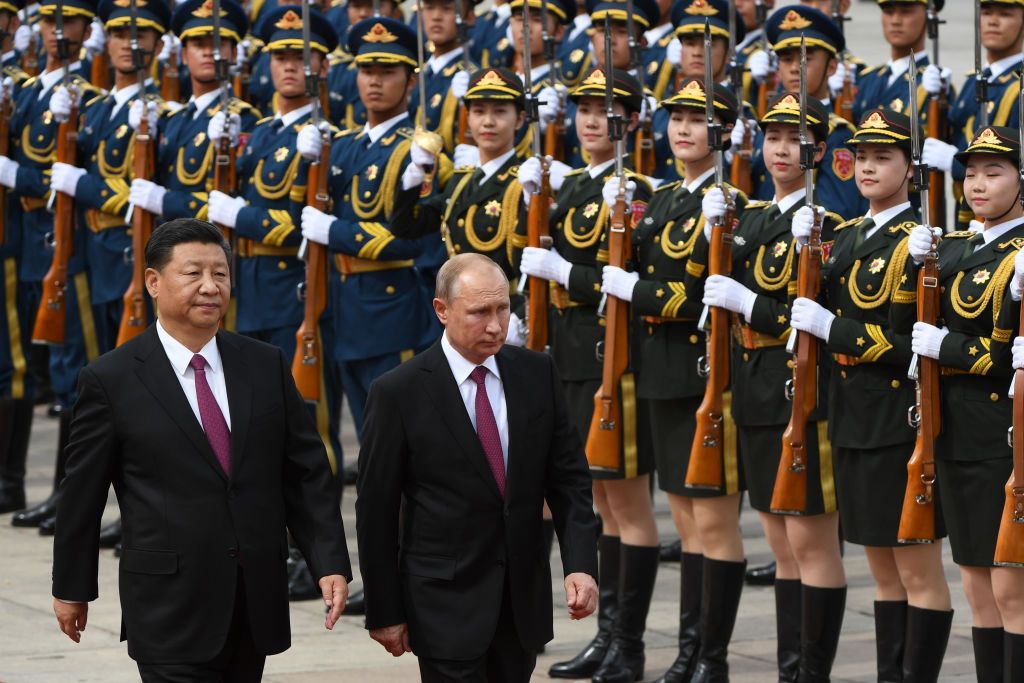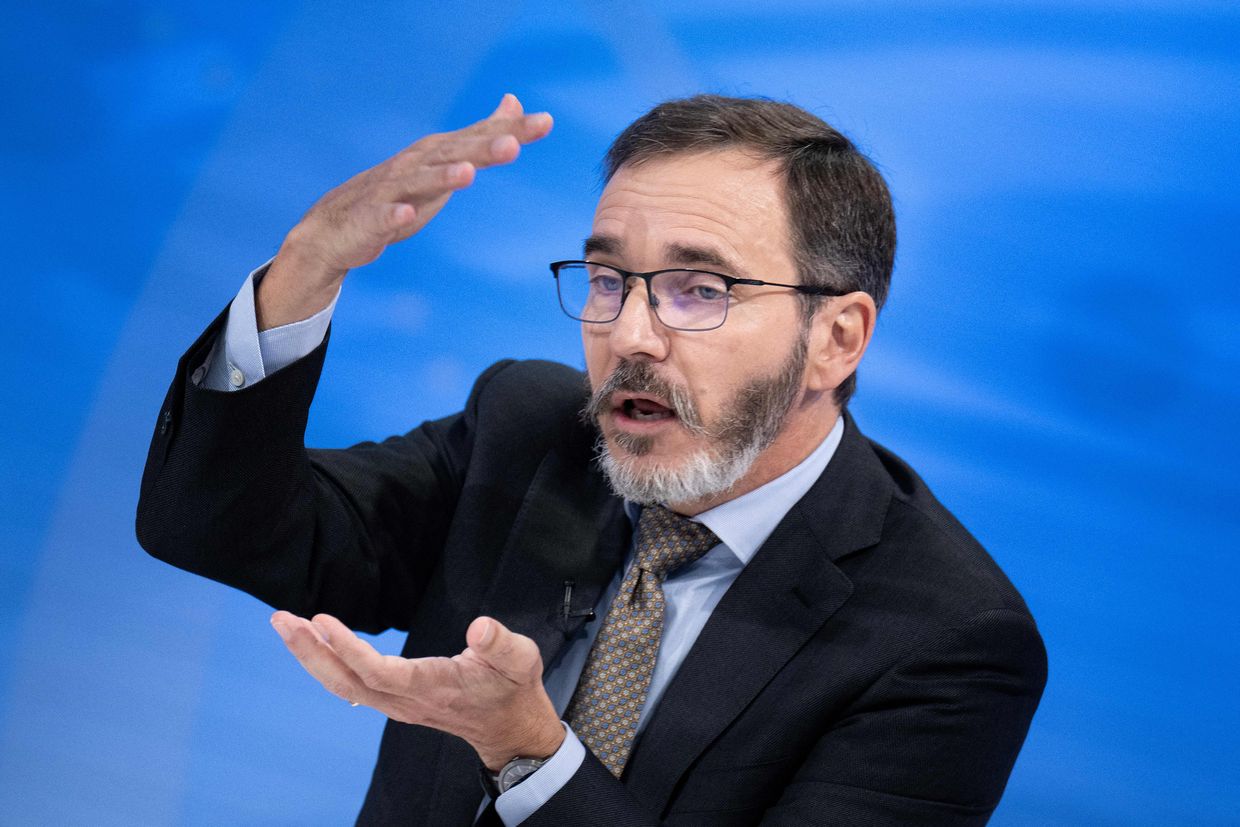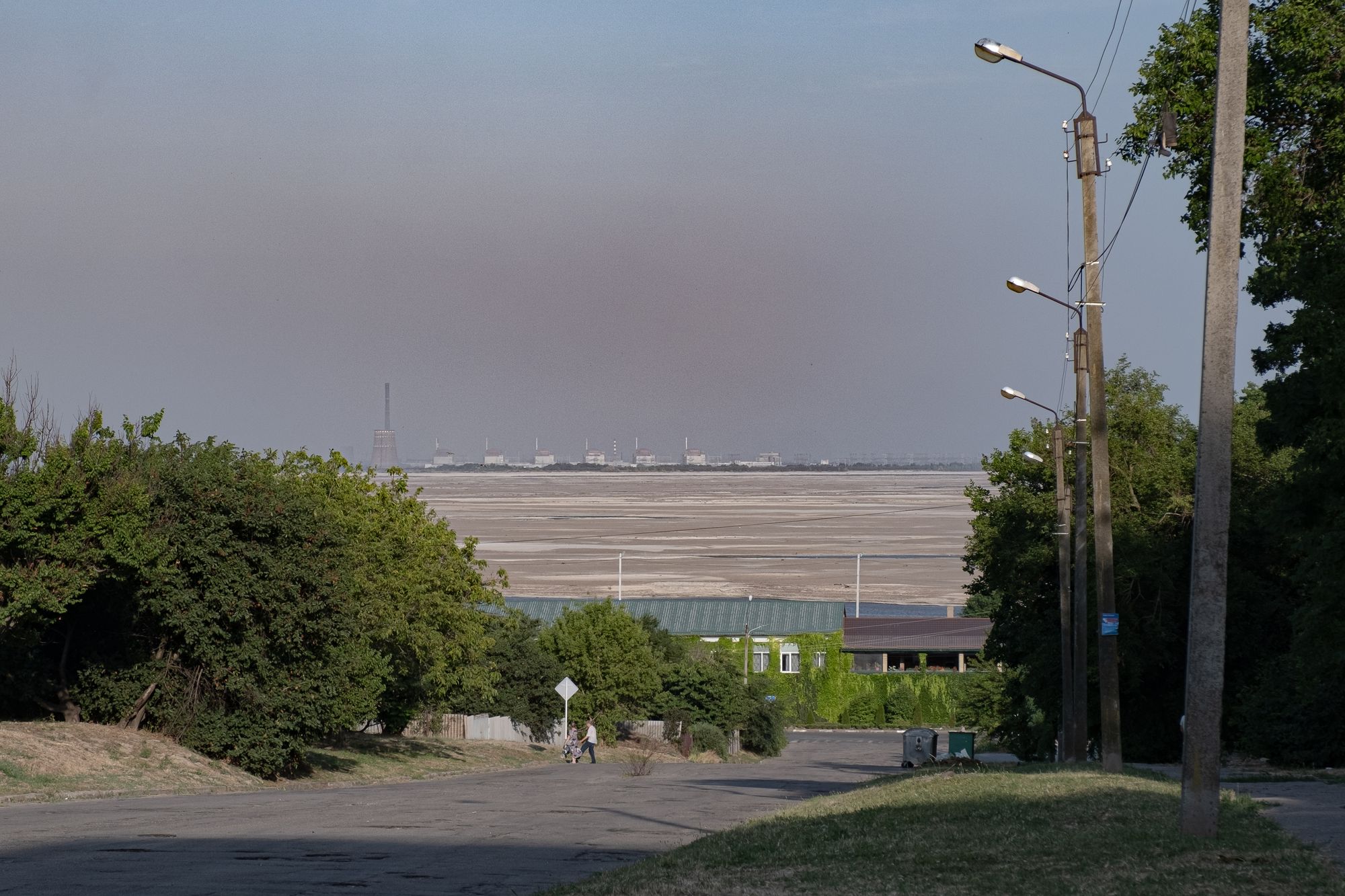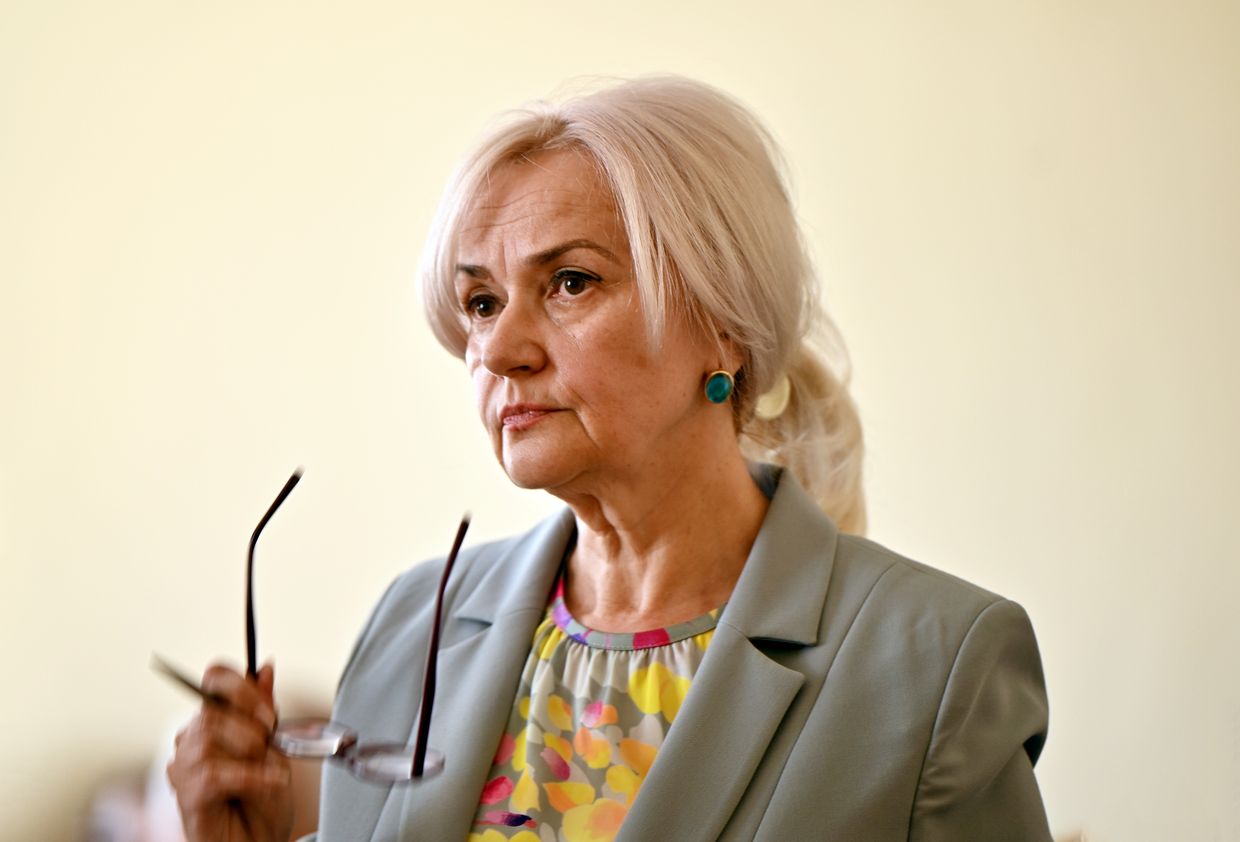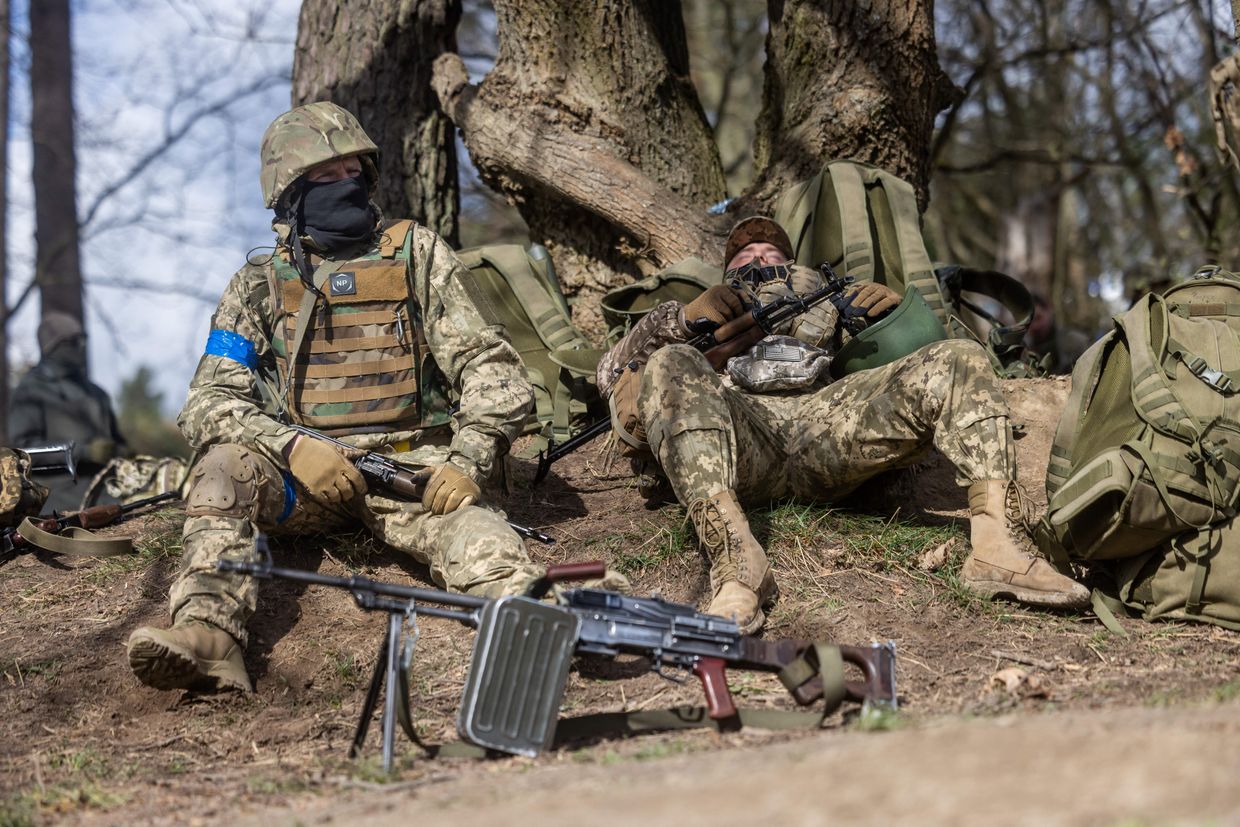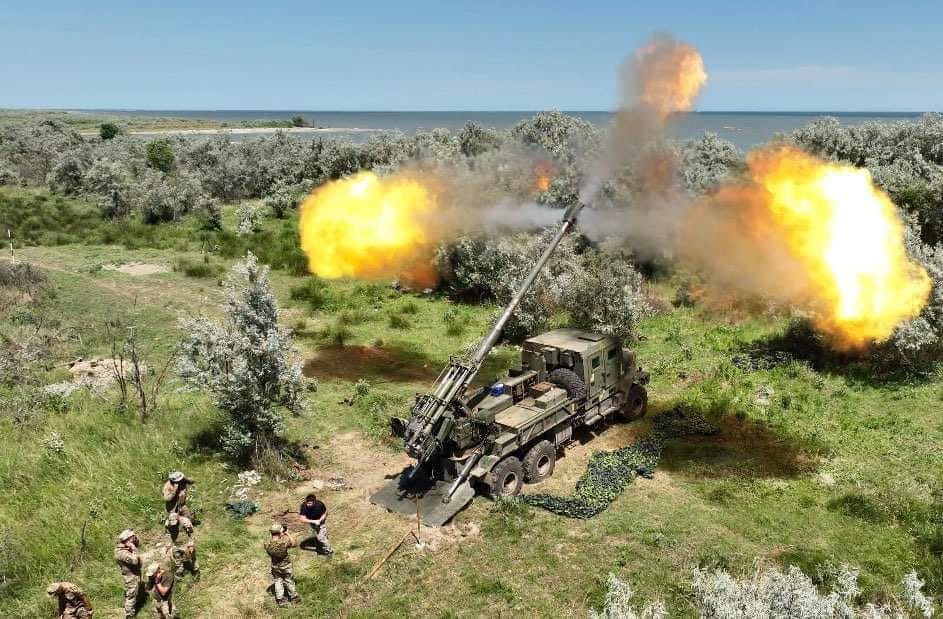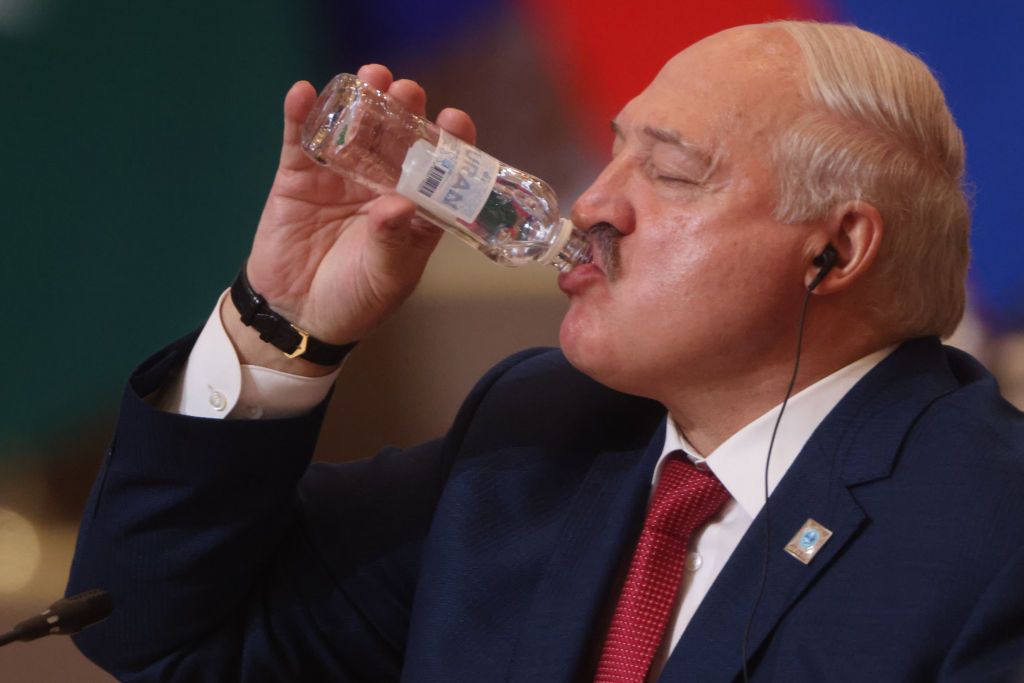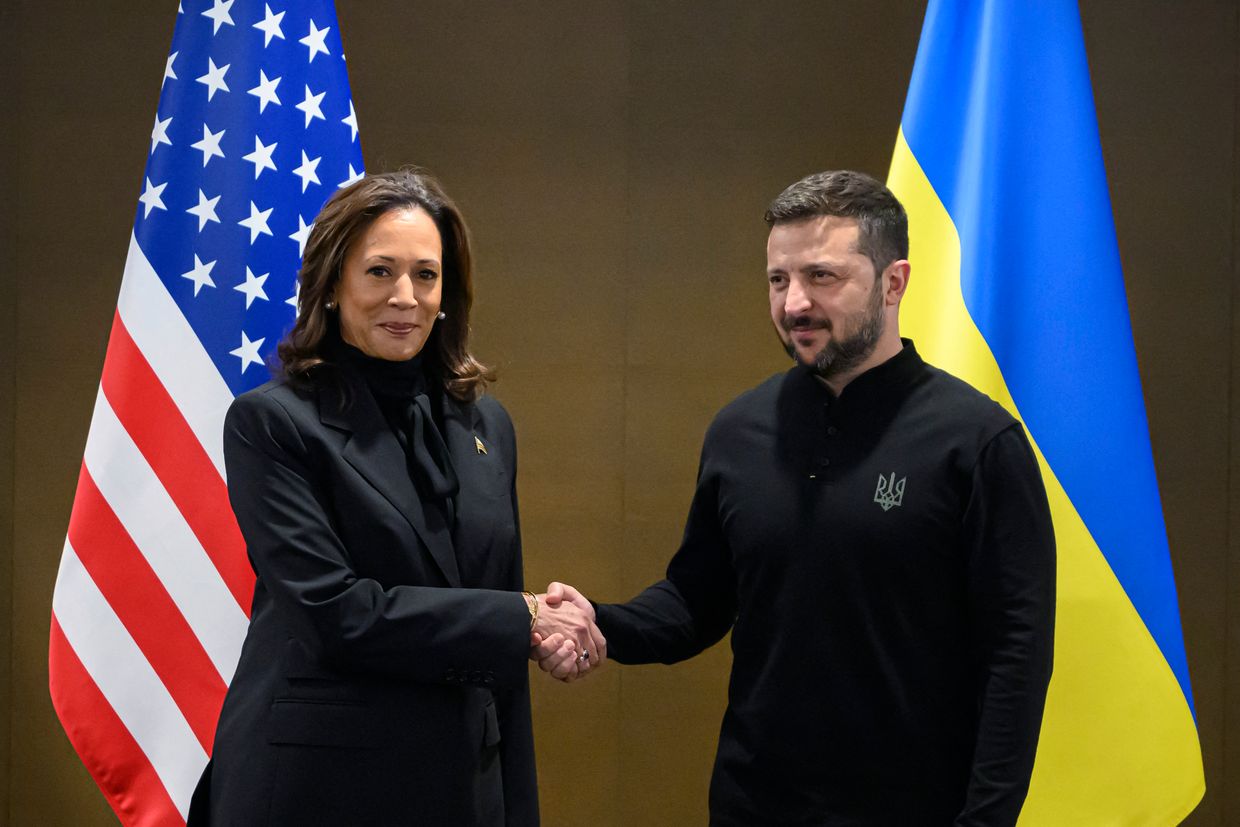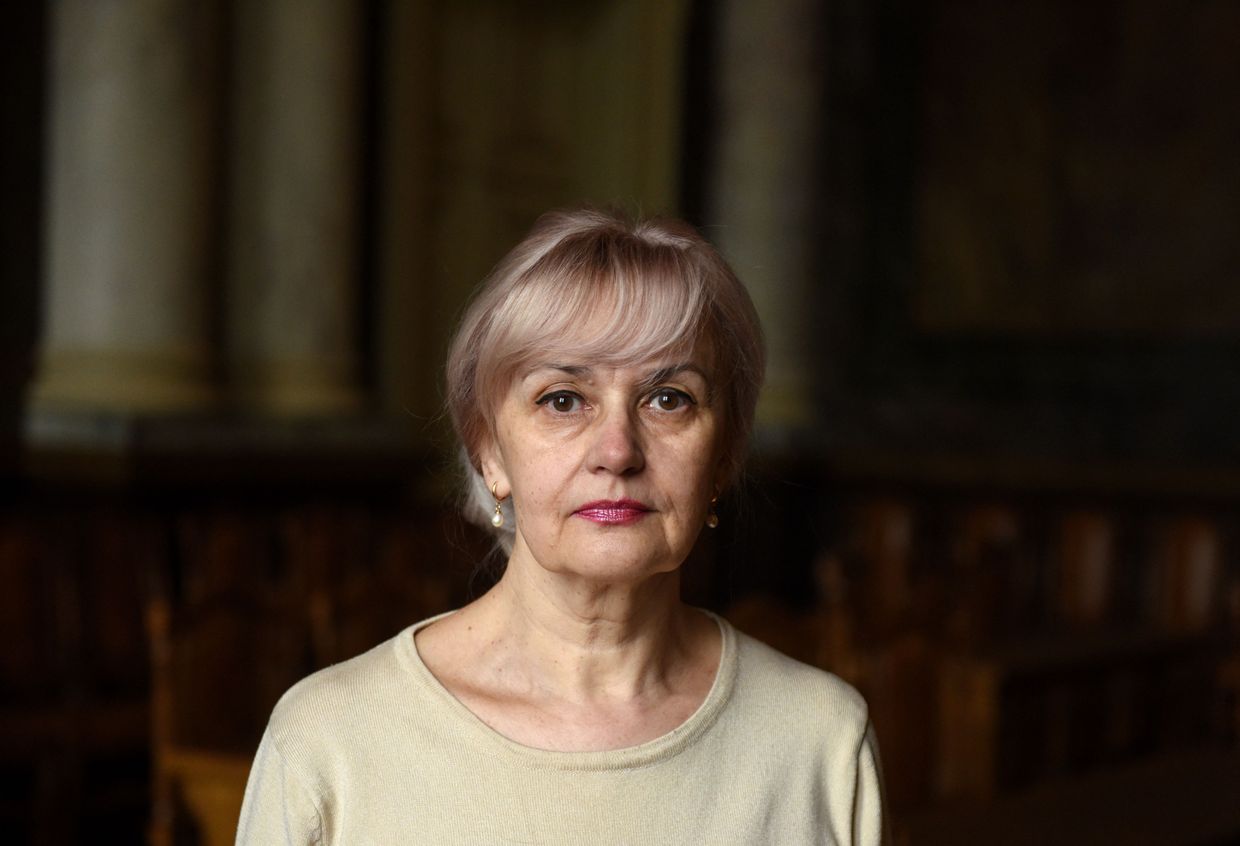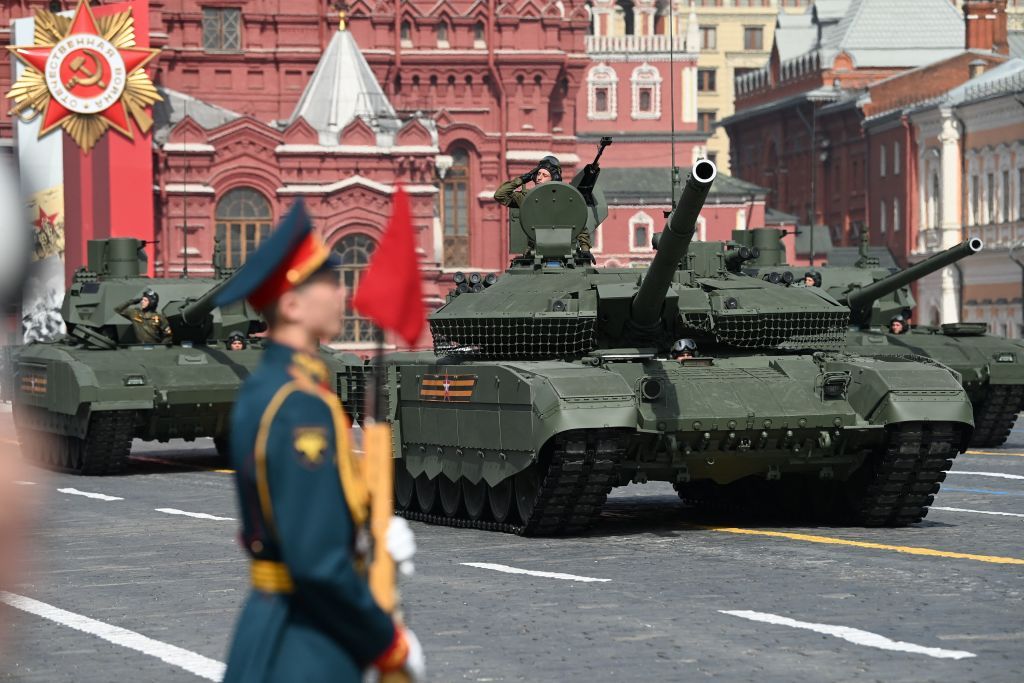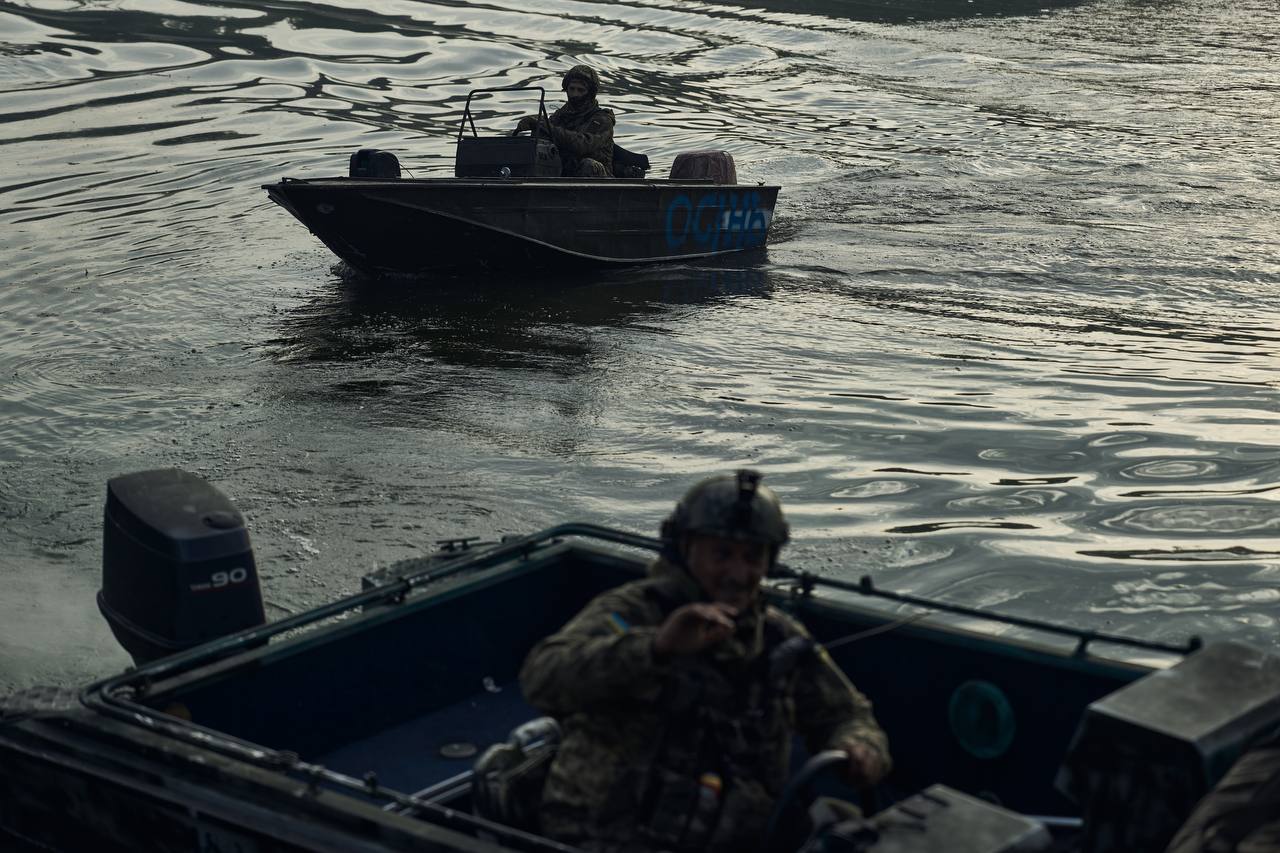The International Monetary Fund (IMF) anticipates that the Russian economy will expand much more rapidly than last year as Vladimir Putin's military spending bolsters wider growth, the Financial Times reported on Jan. 30.
Russia's GDP is expected to rise by 2.6% this year, more than doubling the pace IMF predicted back in October, and slightly slower than the 3% expansion expected in 2023. The 1.5% increase is the largest for any other country listed in the IMF's World Economic Outlook published on Jan. 30.
These predictions raise new questions about the effectiveness of Western sanctions in undermining Russia's economic revenues and financing of the war in Ukraine. Sanctions against Moscow encompass a broad array of economic areas, including restrictions on trade, finance, technology and dual-use goods, industry, transport, and luxury goods.
Back in November, the U.K. Defense Ministry suggested that Russia's economy was "at risk of overheating" due to increased military spending, shortages in the labor market, and growing inflation. Contrary to expectations, recent data suggests Russia's economy continues to grow, fueled by increased spending on defense and the military.
“It is definitely the case that the Russian economy has been doing better than we were expecting and many others were expecting,” Pierre-Olivier Gourinchas, the IMF’s chief economist, told journalists at the Financial Times.
Putin said earlier this month that GDP growth in 2024 could rise above the 3.5% cited by Russian economists in 2023. He also claimed that growth in 2023 was based mostly on domestic consumer and investment demand, including record spending on construction, agriculture, tourism, and freight transport.
According to Gourinchas, Russia's growth can be attributed to increased government spending in the "war economy." Firm commodity prices are helping to sustain fossil fuel-related export revenues and are an important contributor to overall economic activity. In the long term, however, the potential growth of Russia's economy is likely to be lower than before the full-scale invasion.
